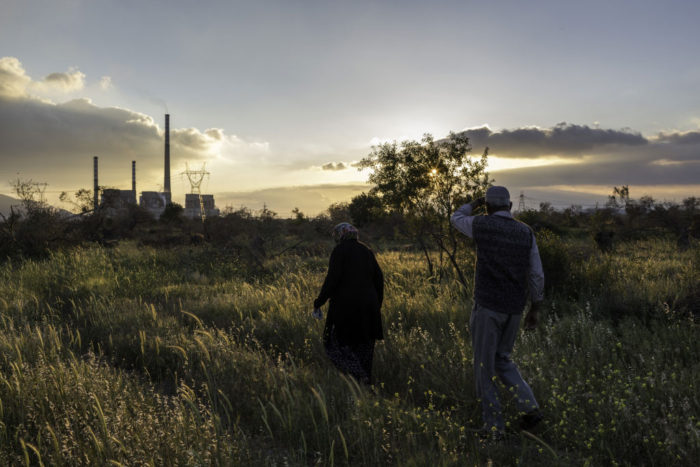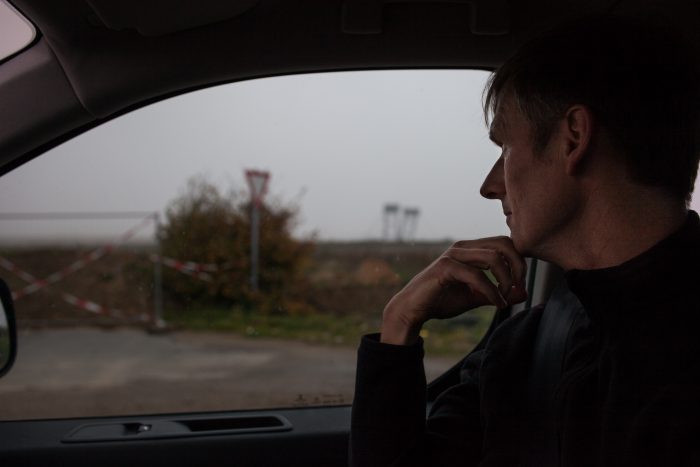Suffocating in Iskenderun Bay
26 September, 2017
Iskenderun Bay has one of the most diverse land and marine ecosystems in Turkey. 20% of the country’s citrus production comes from this area, and the majority of local people earn their lives from fishing, production of vegetables, fruit, olives and olive oil.
With new coal power plants planned and rapid industrialisation underway, Iskenderun Bay is fast becoming the most polluted region of Turkey. Local people are finding it increasingly difficult to sustain their lives.
Currently there are three coal power plants in the area between Adana and Hatay, and there are 29 more either in the licensing, impact assessment, or constructions phases. Grassroots groups, such as ICKD (Iskenderun Environmental Protection Association), Adana CETKO (Environmental Protection Association), and East Mediterranean Environmental Platform have been struggling against coal power plants, mines and other coal infrastructure to protect rights to live in a healthy environment has been going on since mid-90s. TEMA and Greenpeace have been supporting the local struggle in solidarity.
Much of the struggle is focused on the health and pollution impacts as this ecologically diversified region is systematically polluted, and local people have been suffering from respiratory diseases. For the last year, doctors’ associations and the Turkish thorax association have become involved to raise awareness on the dangerous health impacts of coal among medical staff.
Imported coal is being brought to Iskenderun Bay by ship, offloaded and then transported by truck to indoor & outdoor coal storage and packing areas. Legislation means these storage areas have to be at least five kilometers away from the sea, so they are located in villages, putting local people at constant risk of coal dust inhalation constantly.
One of these outdoor coal packaging areas is in Kurtpinari village, ten meters away from the well where drinking water for the village comes from.
“We shouldn’t have left the companies enter in our territories, that’s it! This is how our counterparts in Gerze have won their struggle. Once they start feasibility work, it becomes unfortunately too late to have effective impact,” says Dr Sadun Bolukbasi.


